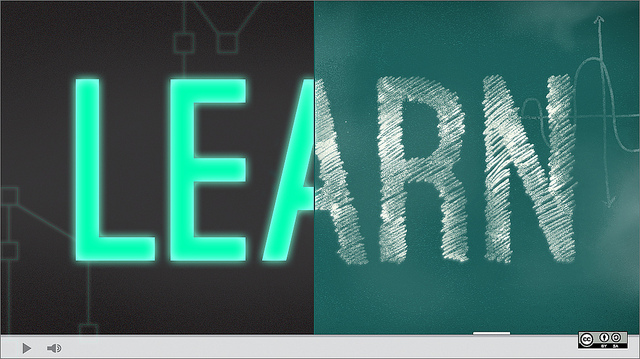Mental Health in High School: The Teacher’s Perspective

When it comes to dealing with student’s mental health, which includes specifically diagnosed mental illness, teachers can sometimes be left feeling inadequately equipped and supported to help their students as much as they’d want to. This can be caused by a variety of reasons such as the school’s services and interventions being lacking or completely absent, ever-rising amount of students wrestling with major depressive episodes, or simply not knowing which students are having mental health problems.
The Rise of Mental Health Issues
With mental health issues in teens ages 12 to 17 rising to about 13% an average class size of 30 students will typically have around 3-4 students with major depressive problems which mean on a given day, a teacher will, either knowingly or unknowingly, interact with at least 15 students overall with major mental health problems. This becomes a pivotal issue when between 2009 and 2017 there was a 25% increase in high school students seriously considering suicide which is the second leading cause of adolescent death.
For teachers, the issue has two-prongs; identifying students with major mental health issues and helping them. One of the obstacles for teachers in identifying these students is knowing what to look for. On the surface, it might be hard to differentiate between a student having a string of bad days to them genuinely suffering from crippling depression, anxiety, suicidal thoughts, etc.
The symptoms can be easily masked behind the student saying that they simply didn’t eat breakfast or didn’t get enough sleep last night. Sometimes, it is too late for intervention to take place as these mental health issues result in the worst case scenarios of suicide, school shooting, and especially the growing problem of drug/opiate abuse and overdose.
Finding the Solution
When teachers identify students with these issues, the next question is what do they do next? Teachers are not mental health professionals and are not equipped to be the interventionalist for the student. For schools that do have adequate student health services equipped with counselors and other professionals who can help integrate school-based and at-home initiatives to help the students the teacher can simply inform the appropriate individual and continue to help the student(s) in a more supplementary/support role. Theresa Nguyen, vice president of Mental Health America, states as such:
“It’s best that they [teachers] be seen as partners—with parents, the administration, the community—in helping students with mental health challenges.”
Benefits of Intervention
Teachers can be left feeling in limbo when a school does not have this type of support which makes it seem that the teacher is the only one who can help the student. Thankfully, more and more schools are starting to focus on the mental health of their students not only because of the need for their individual safety but also how connected mental health and academic success are.
When students receive positive behavioral health interventions their test scores, learning behavior, time management, goal setting, and problem-solving skills all improve according to a 2013 study done by the Center for Health and Health Care in Schools.
For schools to be able to reach these students there needs to be a systemic change in how student mental health is addressed. These are changes that can only happen from the administrative level as these intervention programs and support systems are implemented. For teachers who are left to their own volition until their school districts do so are in a harrowing position but in the eyes of their students, they might be the only ones there for them.






